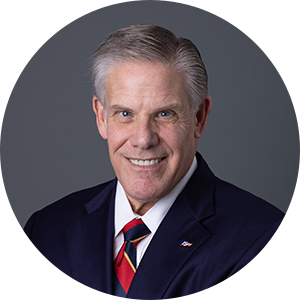Rick Pollack
President and CEO, AHA

Rick Pollack is president and CEO of the American Hospital Association (AHA), the nation’s largest hospital and health care system membership organization with nearly 5,000 member hospitals, health care systems, networks, and other providers of care.

